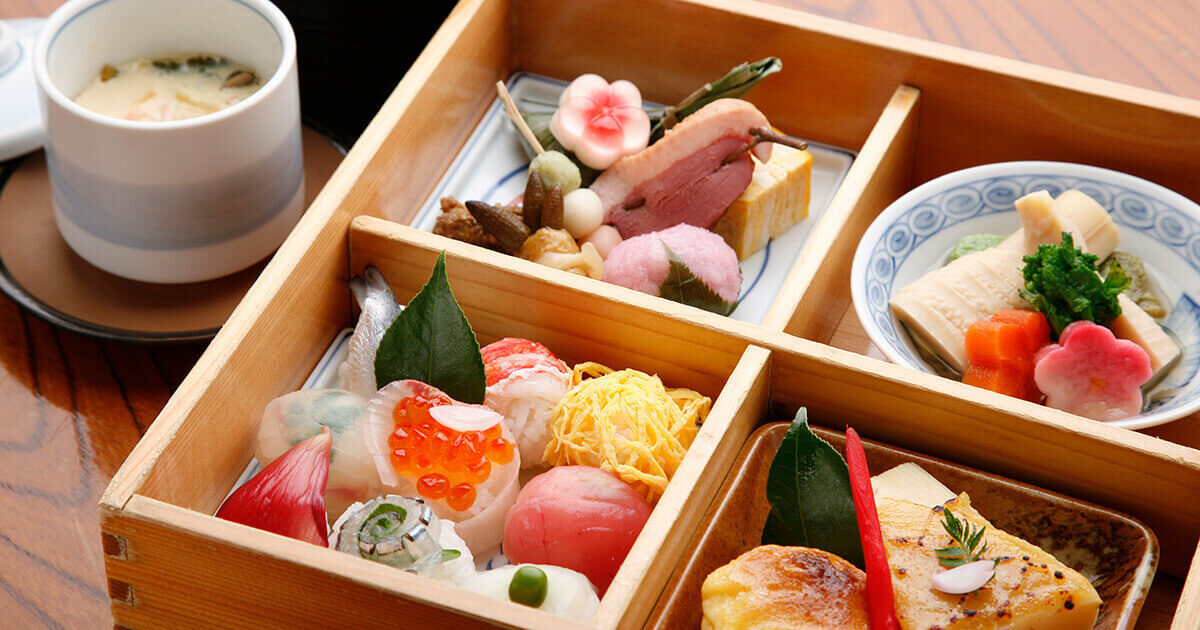Question
My wife developed flu-like symptoms a few days ago and was tested positive for COVID-19.
Naturally, this put our whole family on panic mode as all of us need to stay home and self-isolate for 14 days to see if we develop symptoms as well. My son goes to a Japanese elementary school.
How do I tell his teacher that he is “on self-isolation” and cannot go to school in Japanese?

Answer by Professional Japanese Teacher
1. 自主(じしゅ)隔離(かくり)
Jishu kakuri
Self-isolate
2. 皆(みな)さんにご迷惑(めいわく)をかけるかもしれないので、自主(じしゅ)隔離(かくり)で、学校(がっこう)をお休(やす)みさせていただきます。
Minasan ni gomeiwaku o kakeru kamoshirenai node, jishu kakuri de, gakkoo o oyasumisaseteitadakimasu.
I’m sorry for the inconvenience caused but please allow (my son) to take leave from school because (he’s) on self-isolation.
It must be a trying time for you and your family. “Jishu kakuri” literally means “voluntary isolation”. When you are on self-isolation or self-quarantine, you may unknowingly cause some inconvenience to your colleagues or teachers.
In this case, you can use the second phrase to explain the situation to your son’s teacher. I hope your wife will recover soon and everybody stays safe.



